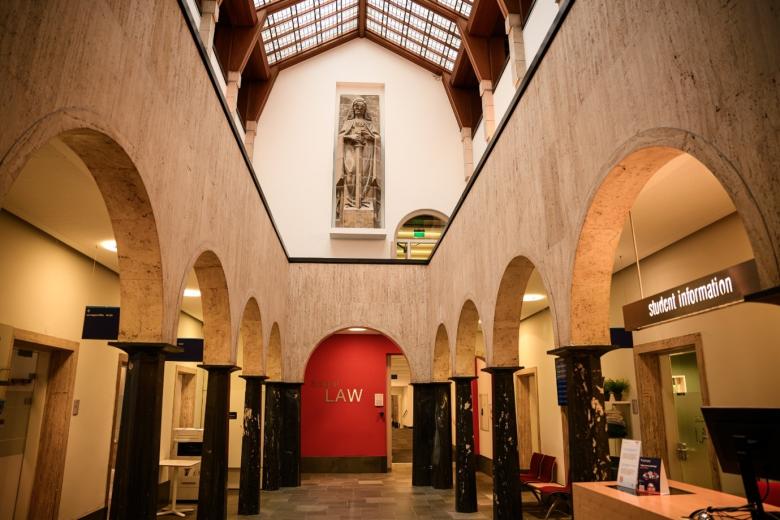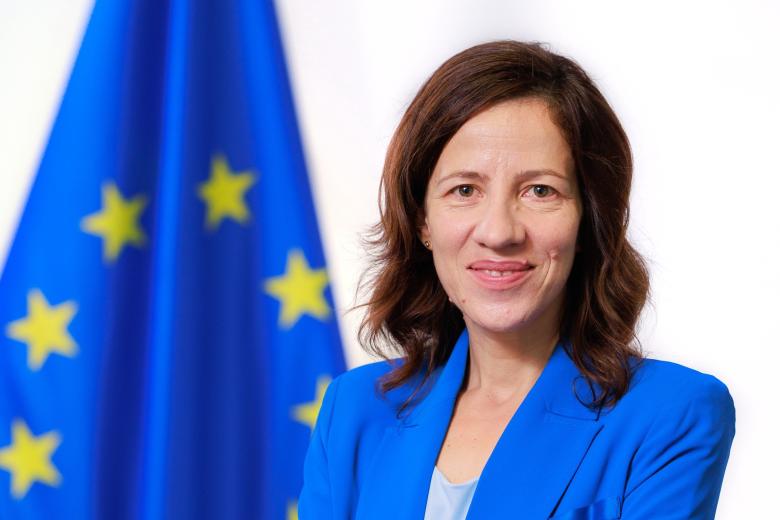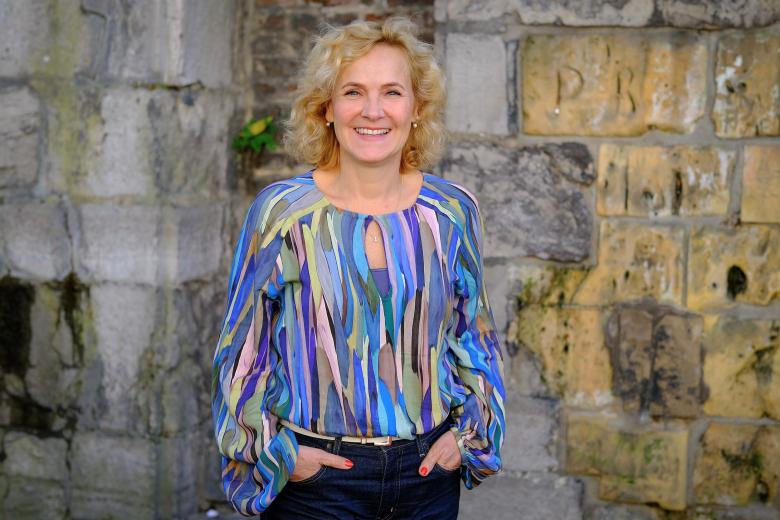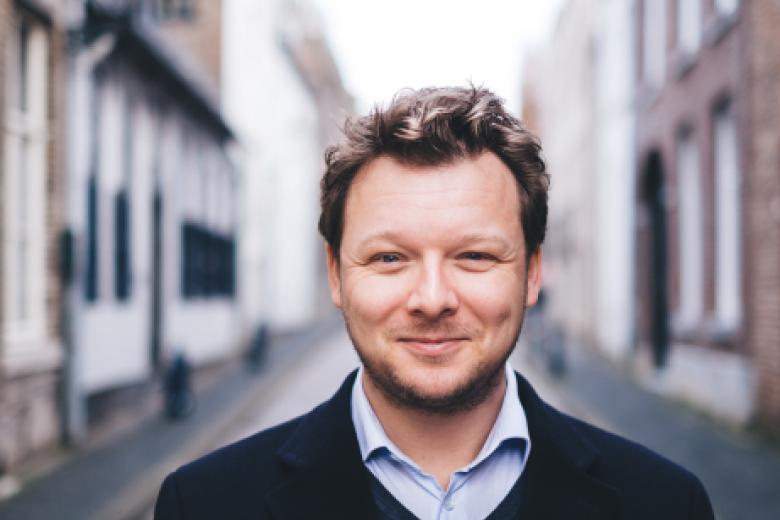Roxana Mînzatu - keynote speaker
Is European Commissioner and Executive Vice-President for Social Rights and Skills, Quality Jobs and Preparedness at the European Commission. She focuses on social policy, skills development, and the future of work within the EU.
This year's theme is ‘UM innovates – today’s education, tomorrow’s skills’
In a fast-changing world, Maastricht University is determined to stay at the cutting edge of education, looking into the future. We remain passionate about preparing our students and our region for the societal challenges and labour market of tomorrow. Throughout our short, rich history, we have continuously expanded our educational vision from teaching knowledge to teaching skills, all the way to teaching how to identify and acquire relevant skills. How can UM continue to rethink education and make an impact?
Different perspectives on the future of education
This year, we are honoured to welcome three inspiring speakers. Each brings a unique perspective to this important theme, based on their own background and expertise.
Object- and Problem-Based Learning (OBL & PBL): A Fruitful Amalgamation for the Development of Legal Education
- Law
Patrons at the Arthur W. Diamond Law Library at Columbia University (USA) can encounter a duplicate of an automobile wheel that relates to the 1916 court case heard by Judge Benjamin Cardozo in MacPherson v. Buick Motor Co. The wheel is an object that hangs on a wall on the fourth floor of the library. Instructors could take the wheel to the classroom when dissecting that landmark case and when dealing with the core problem around the case: product liability. The use of the wheel helps to materialise the elements that are addressed in the court reporter, in the casebook, and in the daily-life situation that motivated the decision. Similar educational experiences can take place when students are welcomed at a rare book room and encounter for the first time a medieval copy of the Corpus Iuris Civilis. Some experiences are indeed indelible and help visualise what dozens of prescribed readings and explanations by an instructor cannot make easily evident and memorable.
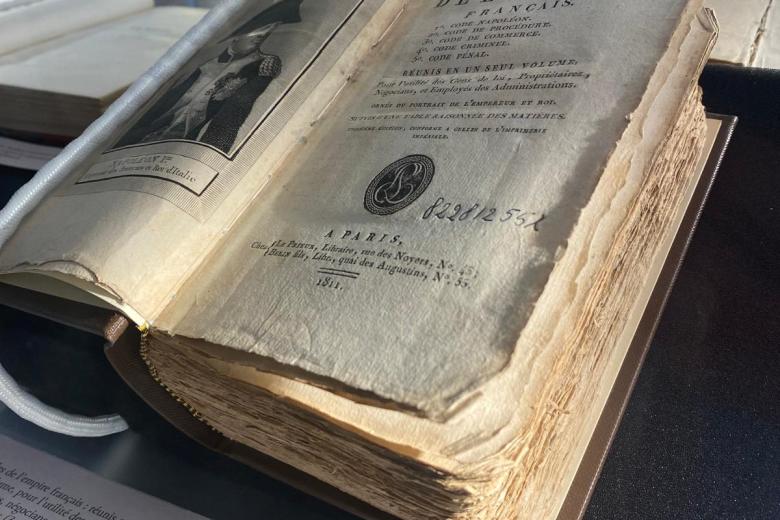
UM Data Science Research Seminar with TuE
The UM Data Science Research Seminar Series is a monthly session organized by the Institute of Data Science, collaborating with another department, faculty, or institute at Maastricht University. These collaborations aim to bring together scientists from all over UM to discuss breakthroughs and research topics related to Data Science.
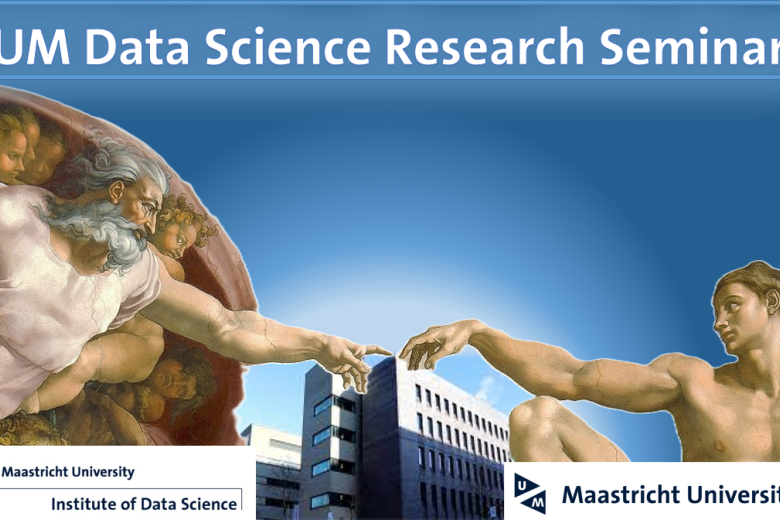
UM stands firm for academic freedom and international law
The world is going through turbulent times.
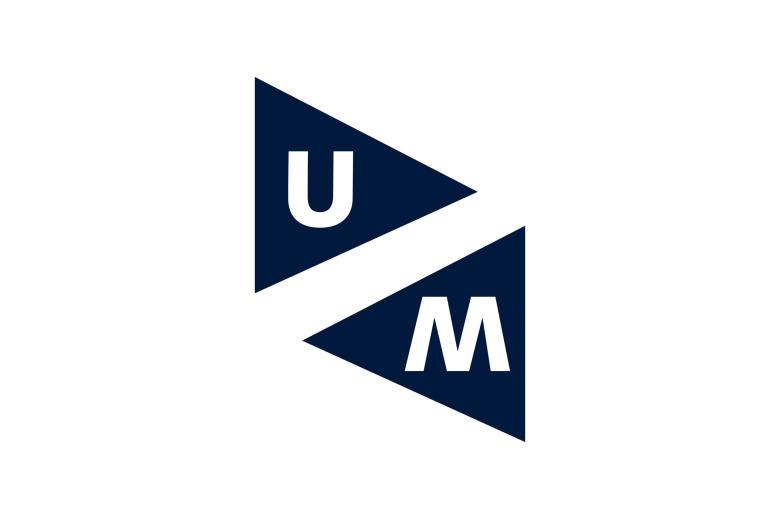
AI is listening – and this can save lives
We spoke with Elia Formisano, neuroscientist at Maastricht University and affiliated with BISS at the Brightlands Smart Services Ca
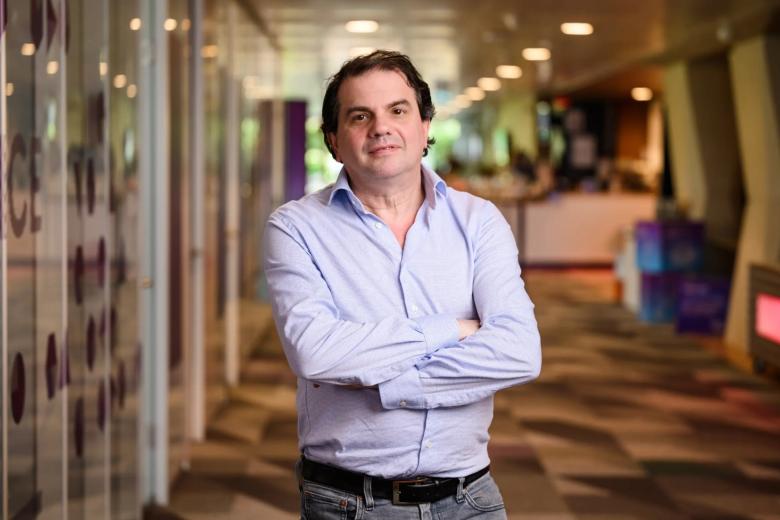
From studying environmental science to working in sustainability
Her path into sustainability began in the late 1990s, during her studies in environmental sciences. It was there she met professors Jan Rotmans and Marjolein van Asselt, founders of the Maastricht Sustainability Institute, who became mentors and collaborators. “Since then,” she says, “I’ve always worked passionately on sustainability issues.”
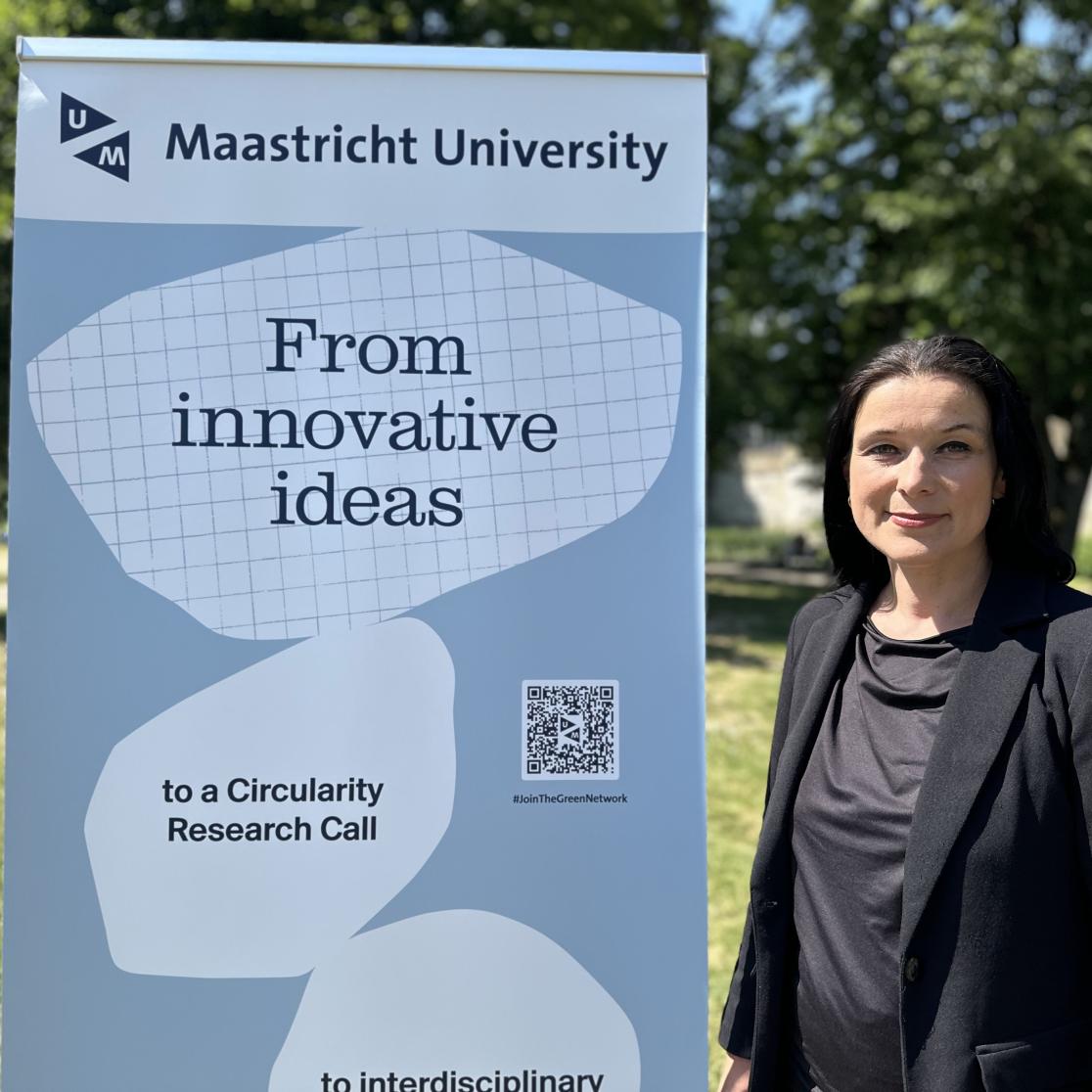
Bridging science and society
The Transition Platform is more than a job; it's a vehicle for change. “My role connects science and society. We do research on sustainability transitions, taking future challenges and shocks (high-impact low-probability events) into account” she explains.
Sustainability Roadmap 2030 and teamwork
One of the most exciting developments? The university’s new Sustainability Roadmap. “It’s energizing to be part of a strong team working on a more sustainable university,” she shares. Her focus is clear: building stronger connections with society and embedding sustainability into institutional practice.
What advice does she have for students and staff?
“The time for thinking and debating is over, we must act now. Just look around: climate disasters, resource shortages, biodiversity collapse, geopolitical tensions. The world is in crisis.”
The message is urgent, but hopeful: action is possible, and every member of the university community has a role to play.
Maastricht Montesquieu Institute (MMI) to be discontinued as of 1 September 2025
MMI to be discontinued as of 1 September 2025; research continues elsewhere.
